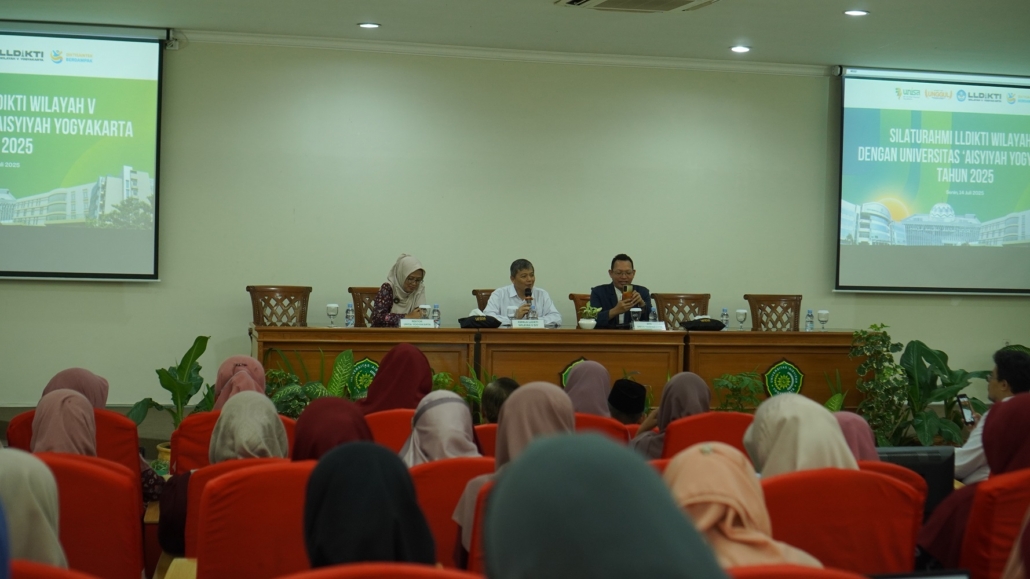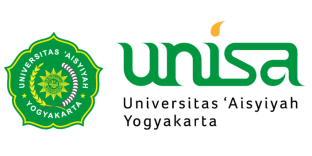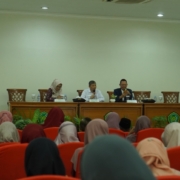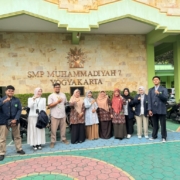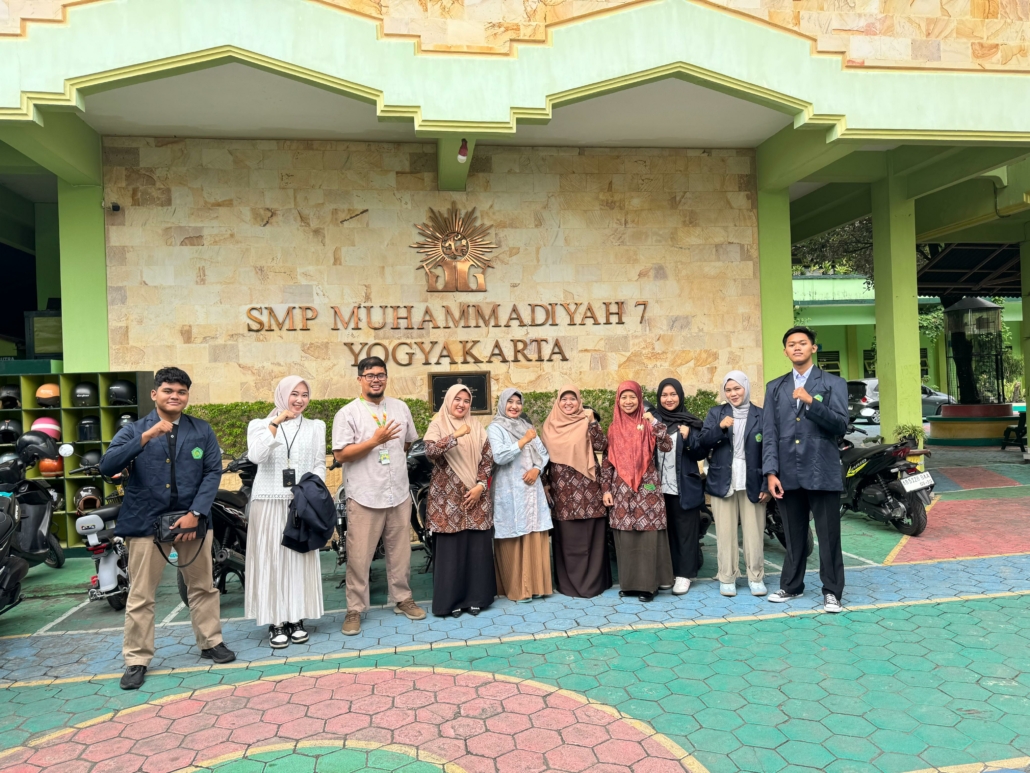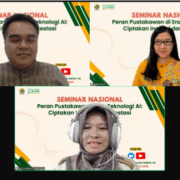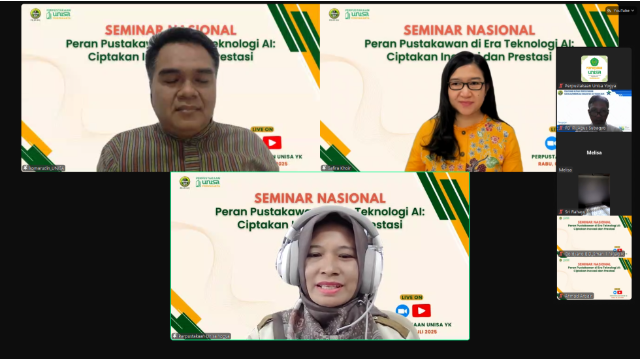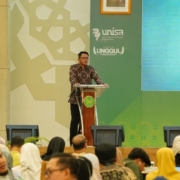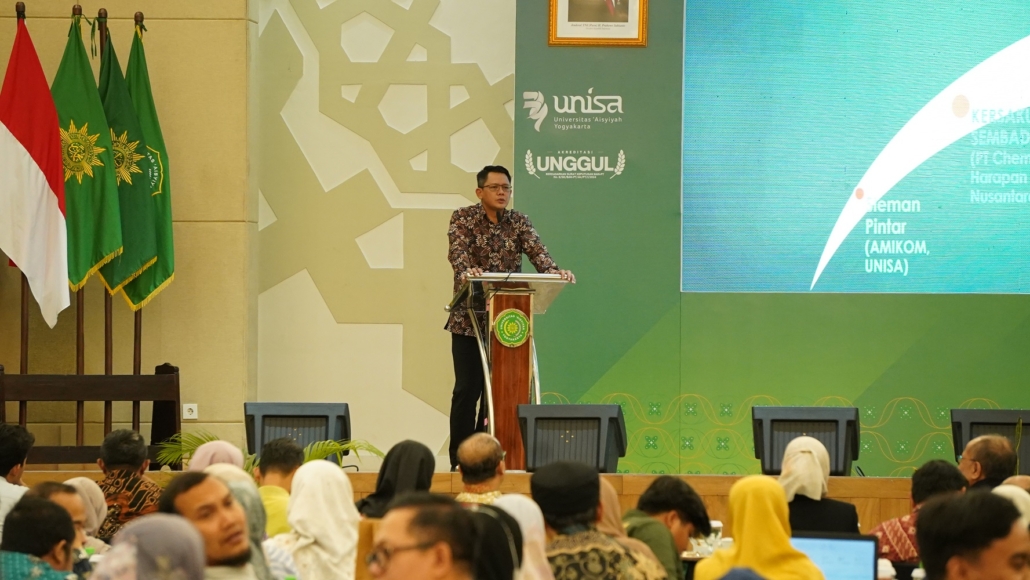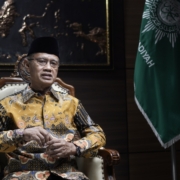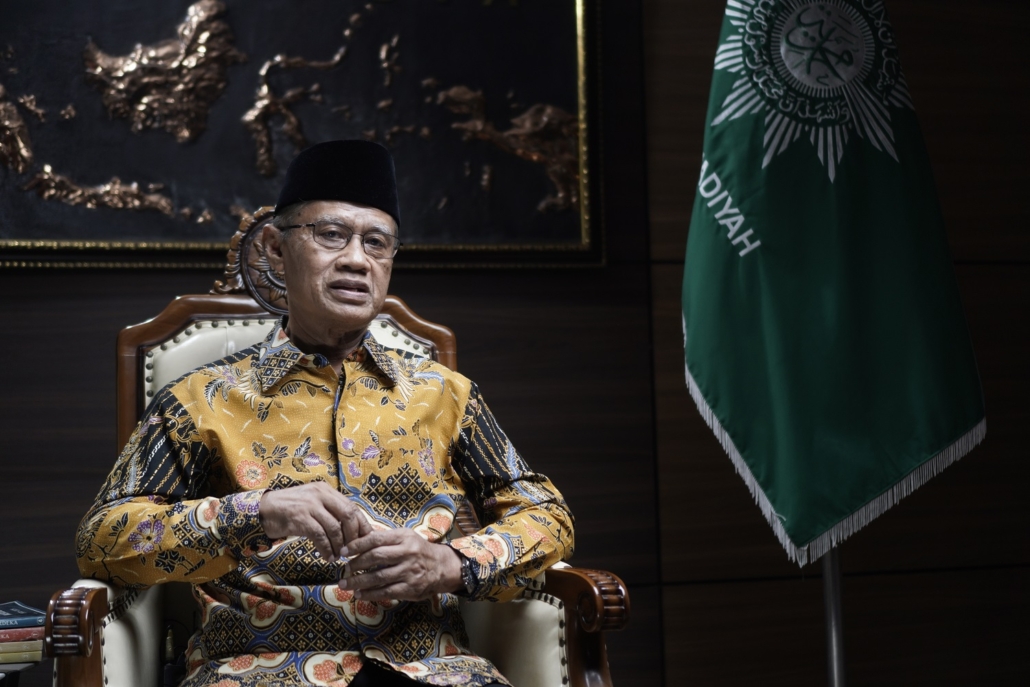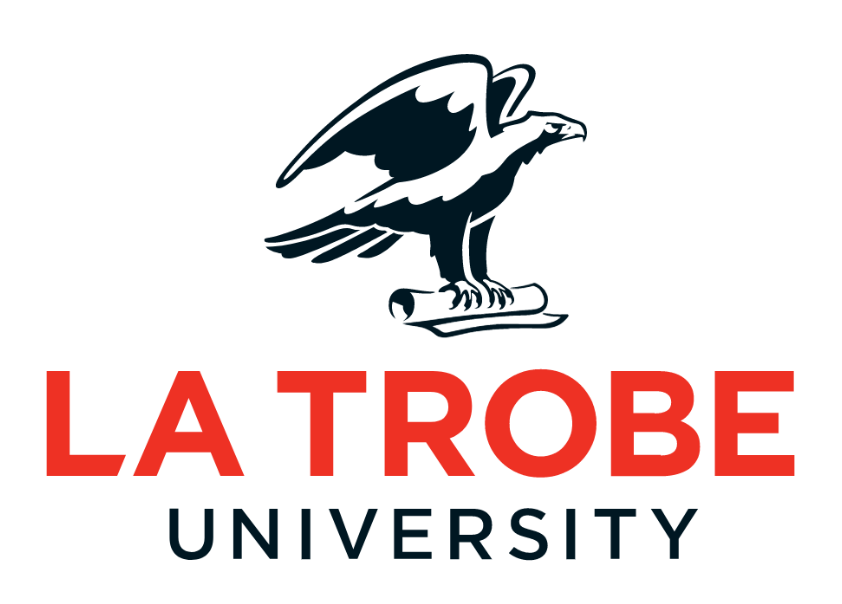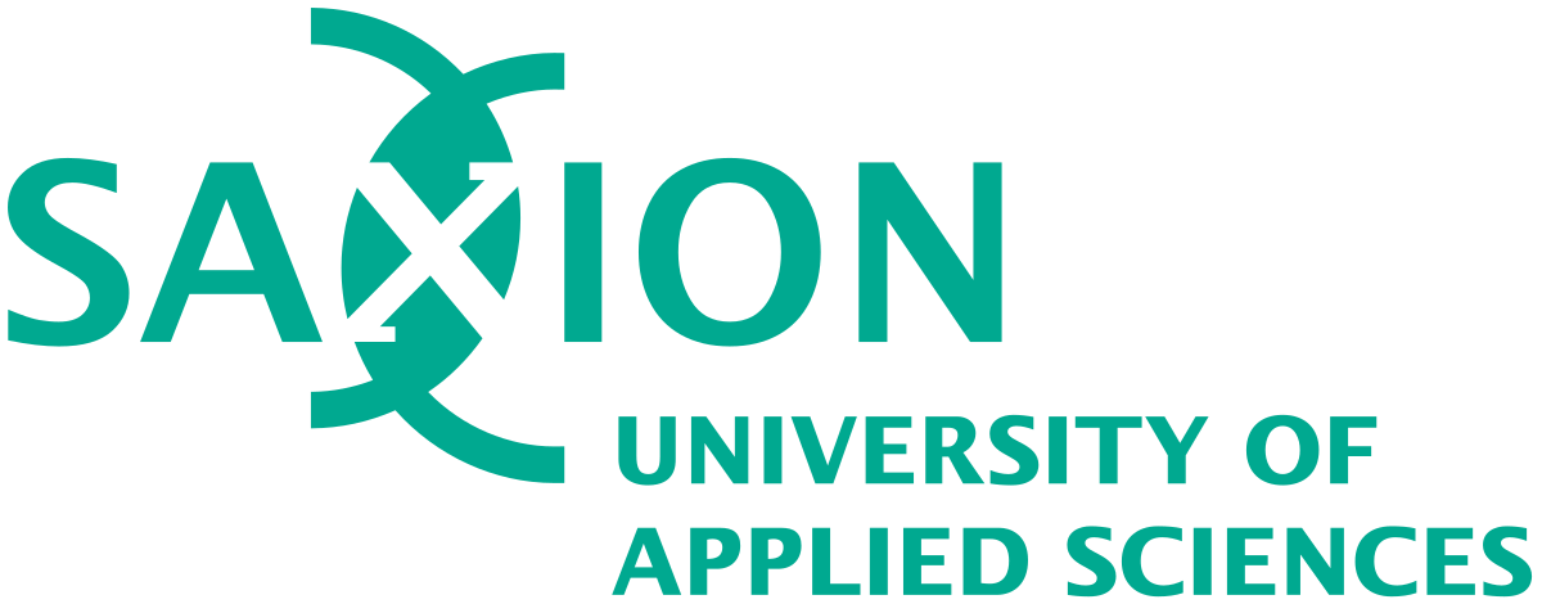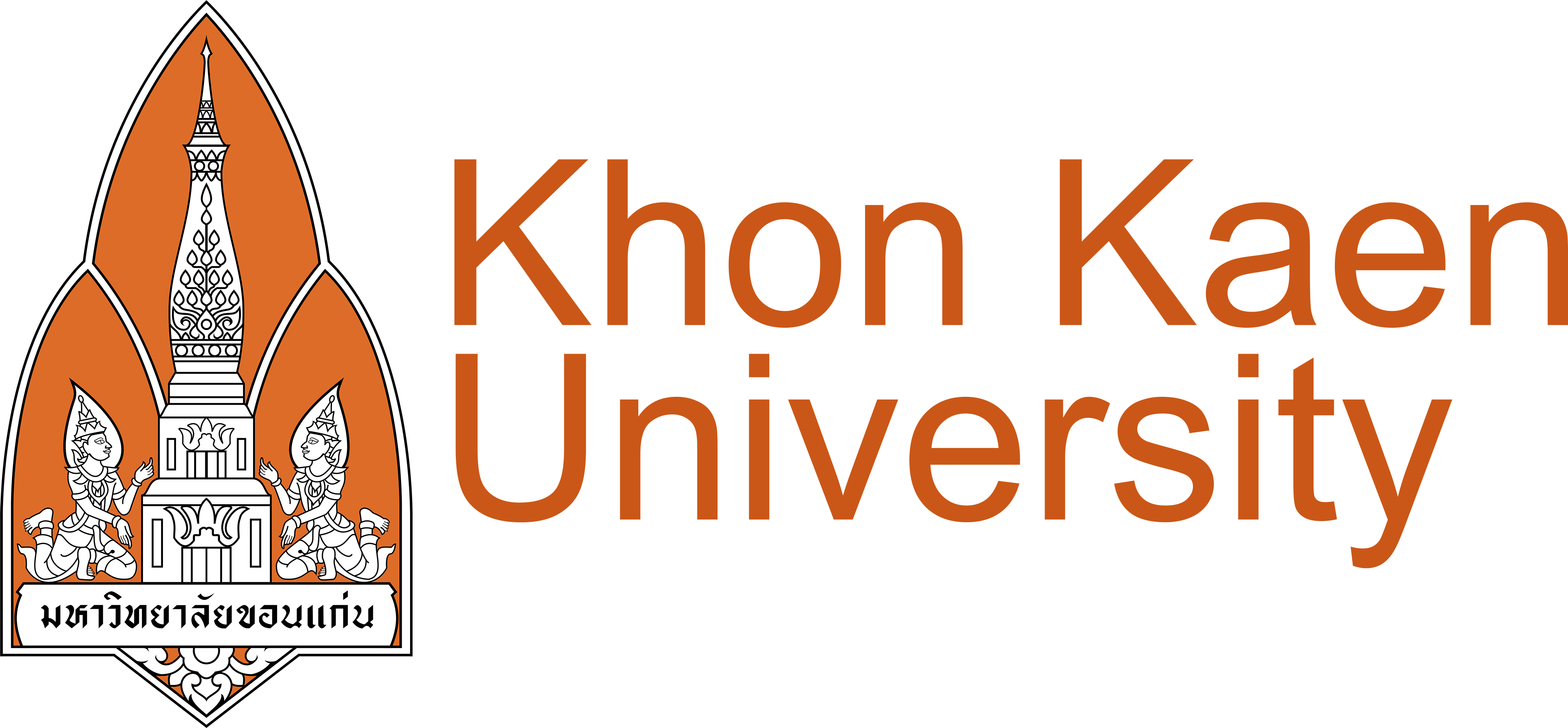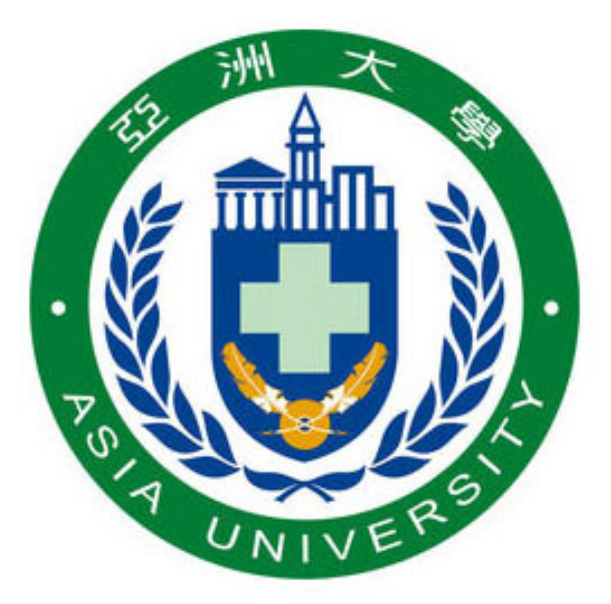Universitas `Aisyiyah (UNISA) Yogyakarta was honored to receive a courtesy visit from the Higher Education Service Institution (LLDIKTI) Region V Yogyakarta. This strategic event took place at the Baroroh Baried Hall on Monday, July 14, 2025, and was attended by approximately 120 UNISA Yogyakarta faculty members, demonstrating high enthusiasm from the academic community. The visit focused on strengthening the quality of higher education, particularly regarding accreditation and academic faculty positions.
The Rector of UNISA Yogyakarta, Dr. Warsiti, S.Kp., M.Kep., Sp.Mat, expressed deep appreciation for this goodwill program in her opening remarks. She emphasized that the visit by LLDIKTI Region V is a concrete manifestation of the institution’s attention and commitment to supporting and encouraging UNISA Yogyakarta to continue improving the quality of education.
“There are two major agendas for this LLDIKTI visit: improving institutional accreditation and enhancing academic faculty positions,” said Dr. Warsiti.
“Although we are already accredited as Excellent, this is a major challenge for us to maintain our excellence. We will continue to support the study programs at UNISA to ensure they maintain their Excellent accreditation,” Warsiti added, reaffirming UNISA’s vision to uphold its top-tier status.
In line with the rector, Mohammad Adam Jerusalem, ST, SH, MT, Ph.D, as the Executive Board (BPH) of UNISA Yogyakarta, also expressed gratitude to the Regional Directorate of Higher Education (LLDIKTI) Region V. He highlighted the important role of LLDIKTI in providing ongoing guidance and training to UNISA Yogyakarta.
“We will continue to encourage lecturers to obtain functional positions, whether as lecturers or senior lecturers,” Adam emphasized, demonstrating the institution’s commitment to the academic career development of its lecturers.
Meanwhile, Prof. Setyabudi Indartono, MM., Ph.D, Head of LLDIKTI Region V, outlined strategies for maintaining and accelerating programs that have already achieved Excellent accreditation. This discussion serves as valuable insight for UNISA Yogyakarta to continue innovating and maintaining the high standards of higher education it has achieved. This visit is expected to further strengthen the synergy between UNISA Yogyakarta and LLDIKTI Region V for the advancement of education in DI Yogyakarta.
